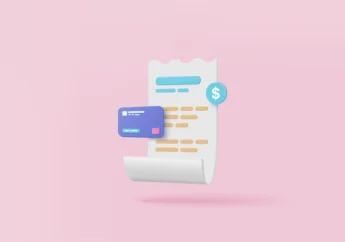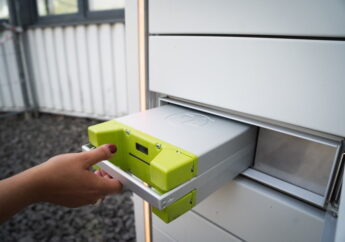Understanding Thejavasea.me Leaks AIO-TLP: Essential Information You Can’t Miss
by Barsha Bhattacharya Technology 21 April 2025
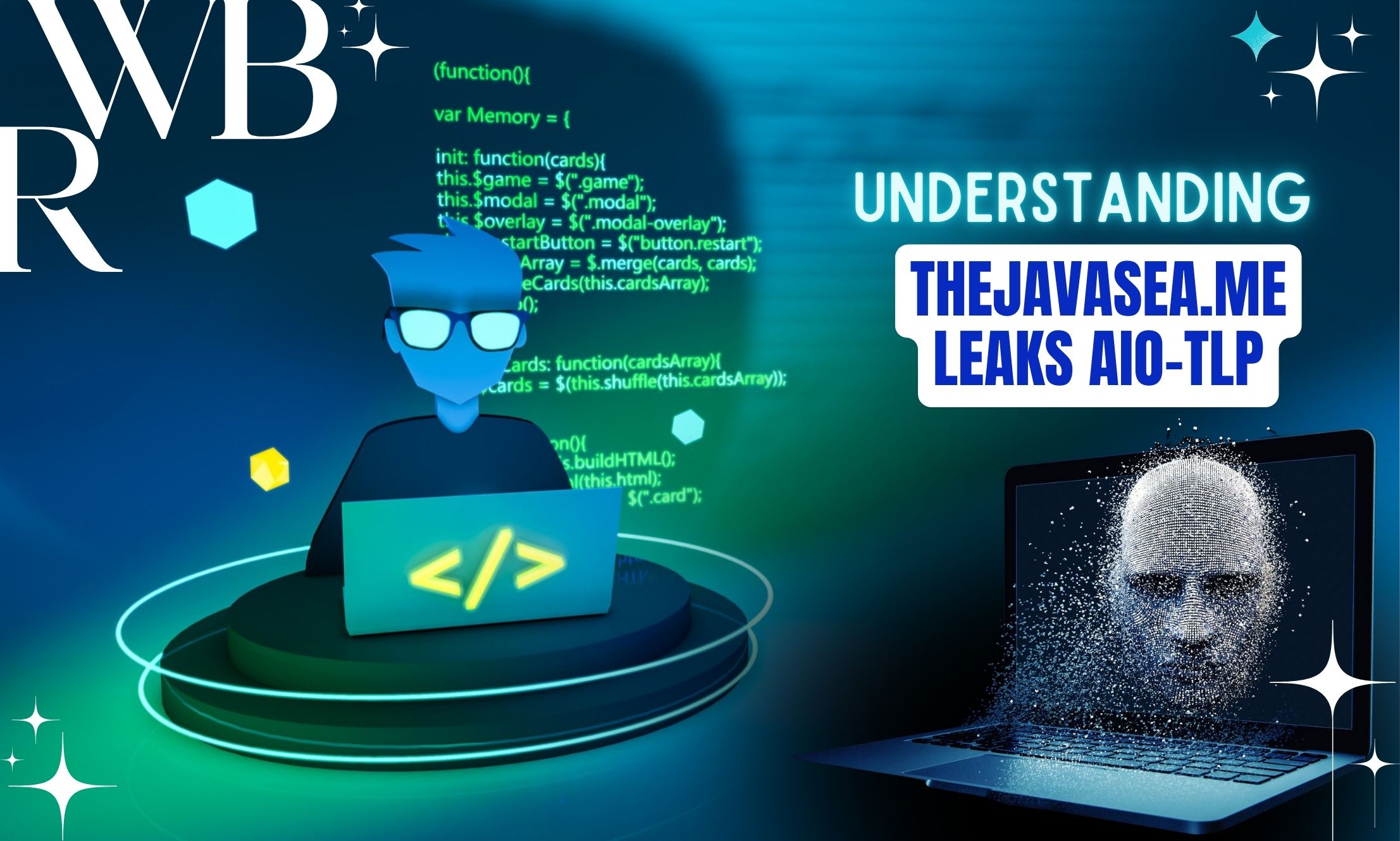
Hello, So! If you have been surfing the web or reading tech forums lately, you may have noticed individuals talking about something called thejavasea.me leaks aio-tlp.
Initially, it may seem like another internet buzzword, but it is a real problem being discussed for both good and bad reasons.
In this article, we will demystify it all—from what javasea.me leaks AIO-TP is, to why it matters, how it may impact you, and, most importantly, what you can do to avoid it. Let’s begin.
So… What is Thejavasea.me exactly?

Let’s break it down.
Thejavasea.me is a relatively new name that appears in the realm of cybersecurity. It’s not a standard website for online shopping or binge-watching on Netflix!
It’s more like a site associated with sharing or hosting leaked information. It is like an internet vault where a vast amount of stolen or leaked information has surfaced on the web.
What is of interest is the aio-tlp leak related to this field. “AIO” stands for All-In-One, which generally refers to a vast amount of data gathered from multiple sources.
In contrast, “TLP” stands for the Traffic Light Protocol, a cybersecurity practice used to label the sensitivity of information and its intended sharing level (e.g., Green for public release, Red for highly private issues).
Thejavasea.me data leak aio-tlp reveals that a significant data breach is present. It merges different types of sensitive data into a massive leak.
Why is the Leak such an Enormous Deal?

So you’re probably wondering—what makes thejavasea.me leaks aio-tlp stand out from the thousands of other data breaches we read about daily?
And the twist: the majority of leaks occur on a single site or a single platform. However, this is not the case because this appears to be an enormous amount—a special package of leaked materials coming from various sources, all grouped into one.
That is, hackers, spammers, and cybercrooks do not need to sort through numerous breach lists. They are all laid out for them—email addresses, passwords, and possibly even financial information—available for the taking.
It’s like an electronic treasure chest… but the worst kind imaginable for the rest of us.
What type of information was uncovered?
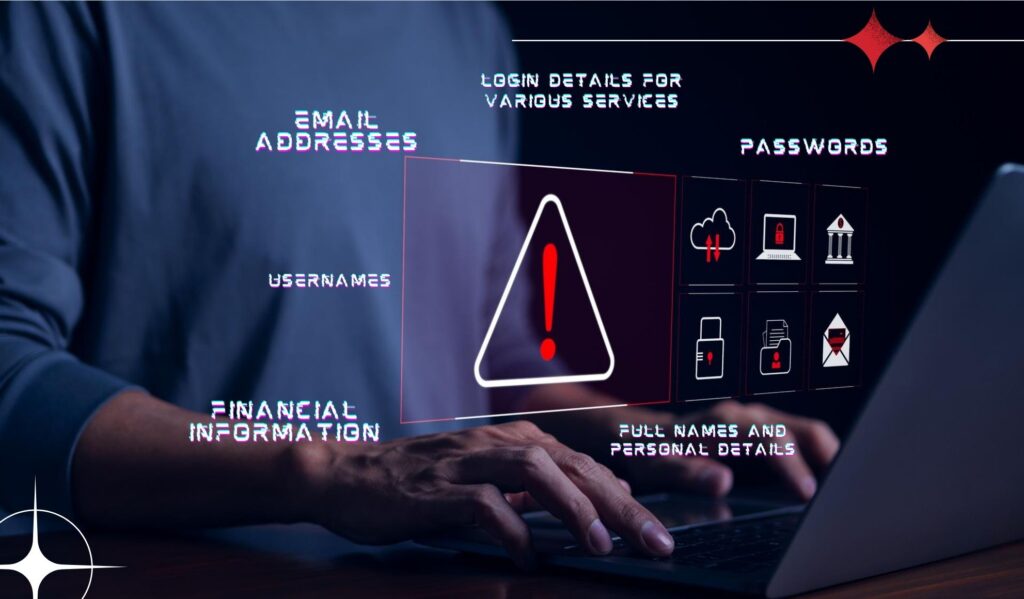
Let’s discuss what is really in the thejavasea.me leaks aio-tlp. Early reports from hackers and external researchers who have analyzed the files indicate this leak has a variety of user information, such as:
- Email addresses – Some of these even have passwords included.
- Usernames – Usually associated with several accounts.
- Passwords – Stored in plain text or weakly hashed versions.
- Full names and personal details – This may consist of telephone numbers and home addresses in some cases.
- Financial Information – This may be credit card history, PayPal information, or banking information.
- Login Details for Various Services – From paid streaming sites to online storage websites.
And the worst part? Because it’s an AIO (All-In-One) breach, this information is gathered from numerous places.
It has information from various platforms, forums, and databases. Some information is outdated, but it’s combined with newly acquired information, making this a highly hazardous combination.
How Did the Leak Even Occur?

You may find yourself wondering: Where did this ginormous heap of data originate?
The origin of javasea.me leaks aio-tlp is unclear to some degree, but the reasons for it are multiple:
Database Exploits
Hackers will typically attack websites that lack proper security. If the website has not updated its software or is using substandard code, the attackers can access and download the entire database.
Phishing Attacks
At other times, users provide their information inadvertently. Hackers create false emails, imitate login pages, or use suspicious links to deceive individuals into divulging their login credentials.
Credentials Obtained in Other Incidents
Hackers often reassemble previously leaked data lists and repack them. That is likely what occurred with thejavasea.me leaks aio-tlp—a collection of several past and recent breaches.
Insider Breach or Dark Web Trade
There is also the chance that the information came from insider threats—someone inside selling access—or was purchased in black marketplaces and resold through the website.
How can this leak impact you?

Let’s face it: if your email or password is included in thejavasea.me leaks aio-tlp, you’re not safe on the Internet anymore. Here’s what could happen:
Account Takeover – If you employ the same password across multiple accounts, then account hackers can hijack your social media, your email, or even your banking accounts.
Identity Theft – Using details like name, phone number, and address, someone can impersonate you on the Internet.
Phishing Attacks – Cybercriminals can target you with highly targeted emails or messages to obtain even more sensitive information or money.
Blackmail or Extortion – In extreme situations, personal data is utilized to intimidate individuals.
That is the reason why each “little” leak should be taken extremely seriously.
What do you do to protect yourself?
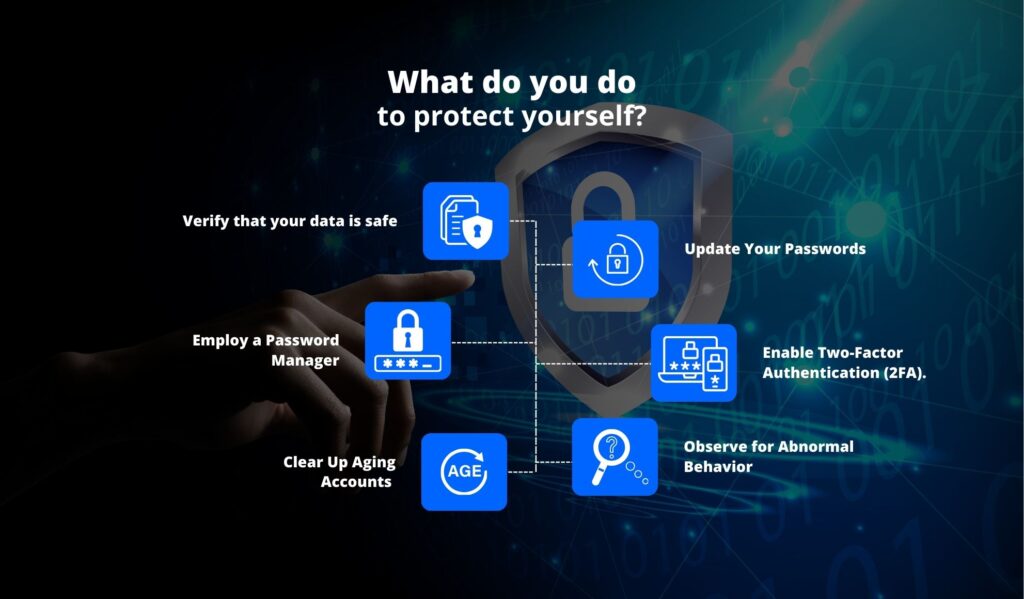
Alright, here’s the good news—you can do something. If you care about thejavasea.me leaks aio-tlp or whatever issue, here is what you should do:
Verify that your data is safe.
Use tools such as HaveIBeenPwned to check if your email has been used in any known breach. Although it may not be the most recent leak, it’s a good place to start.
Update Your Passwords
If you use the same password on multiple websites (which we all do), it’s time to stop doing that. Use strong, unique passwords for each account.
Employ a Password Manager
You can use software like 1Password, Bitwarden, or LastPass to help you generate and store secure passwords without having to remember them all.
Enable Two-Factor Authentication (2FA).
Always enable two-factor authentication (2FA) for any service that supports it. This means that even if the attacker has your password, they will not be able to log in without your phone or authentication app.
Clear Up Aging Accounts
Do you have accounts on sites you haven’t visited in years? Close them or delete your data. Less exposure equals less risk.
Observe for Abnormal Behavior
Monitor your bank statements, email, and logins. Is there anything unusual? Act quickly.
Is anything being done to prevent these leaks?
Cybersecurity experts and ethical hackers are investigating thejavasea.me leaks aio-tlp to determine the extent of the problem and to assist in keeping users protected.
Sites such as GitHub and forums such as Reddit are also attempting to delete links or posts that promote the leak.
But as the data is uploaded to encrypted Telegram chat rooms, Discord servers, and dark web forums, it’s practically impossible to erase. That’s why caution and taking individual security measures are your best safeguard.
Final Thoughts: What We Can Learn From thejavasea.me Leaks AIO-TLP
Ultimately, thejavasea.me data leaks aio-tlp is not another data leak—far from it; it’s an alarm bell for us all.
Our online lives are more exposed than we realize, and this type of breach underscores the need for more proactive measures to ensure online security.
It’s simple to believe “that won’t happen to me,” until it does. Let this serve as a reminder: protect your data, stay educated, and take online privacy seriously.

































































































